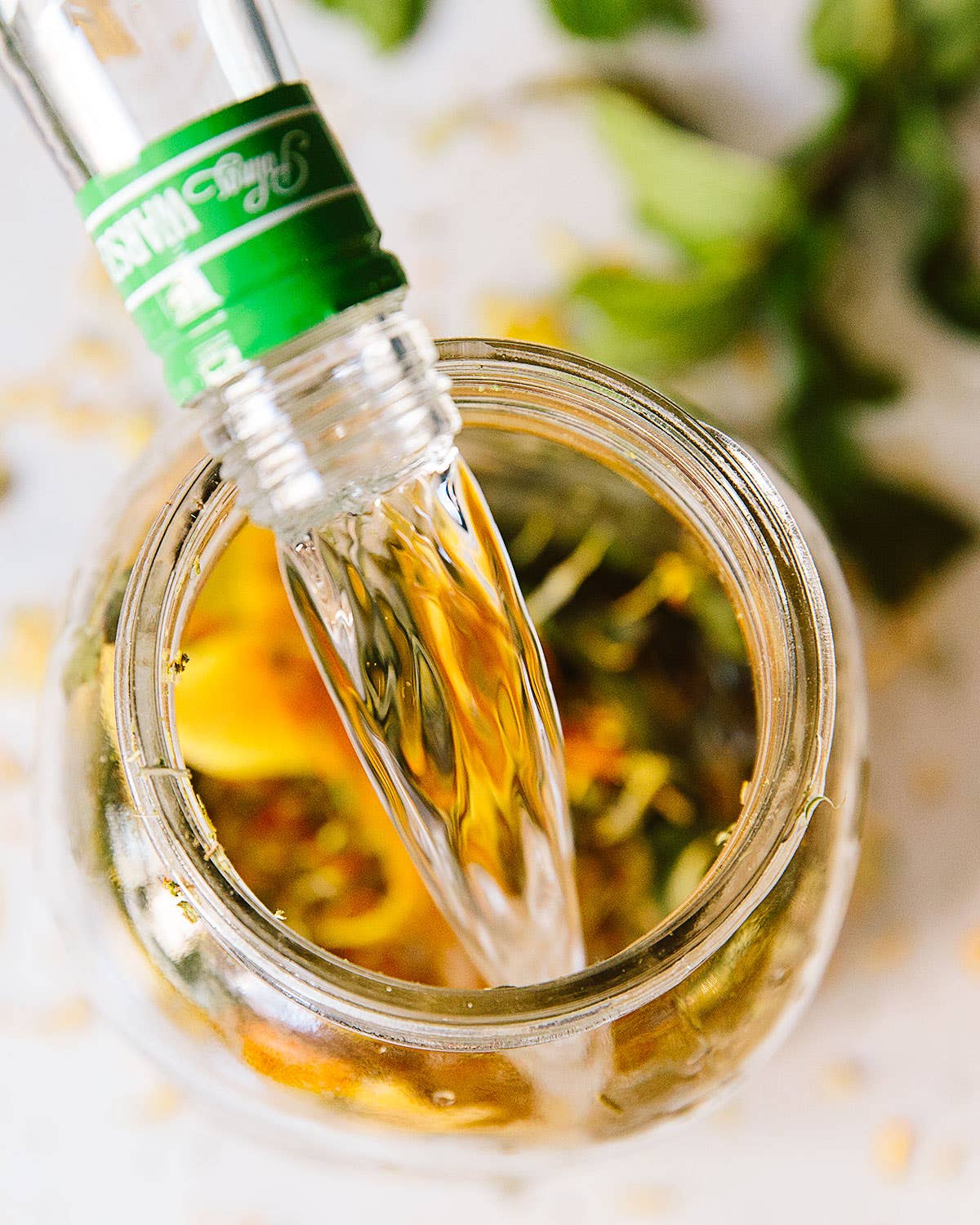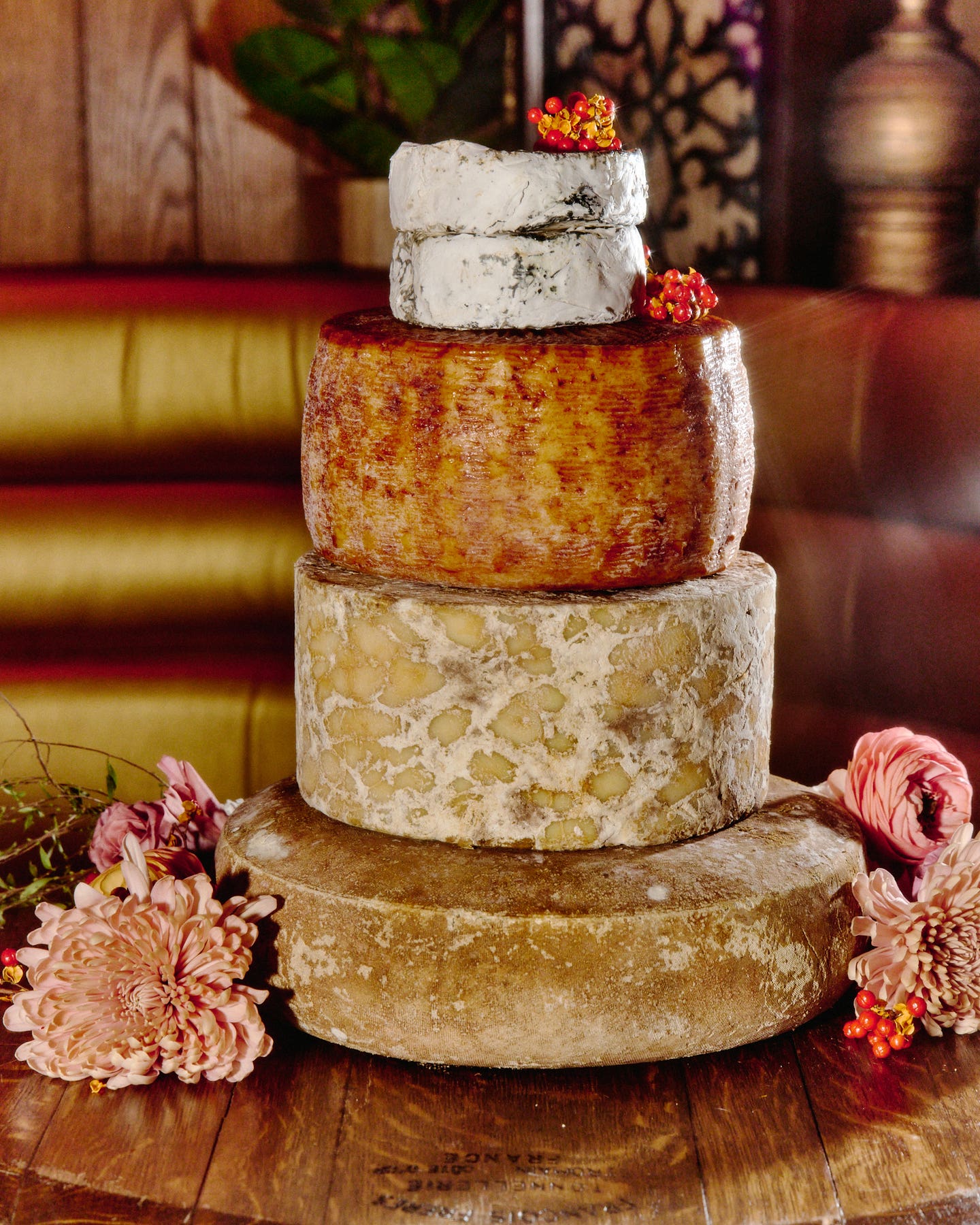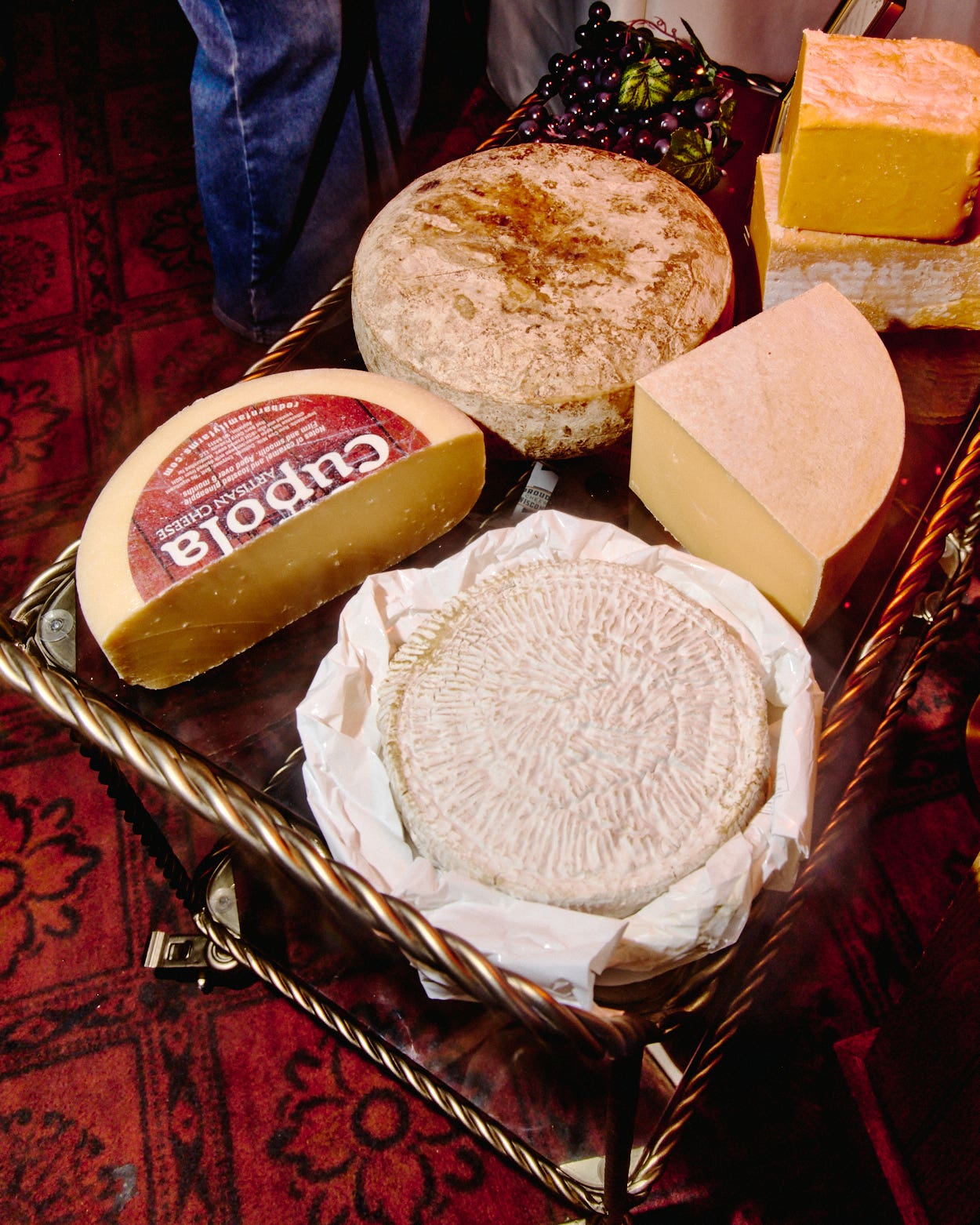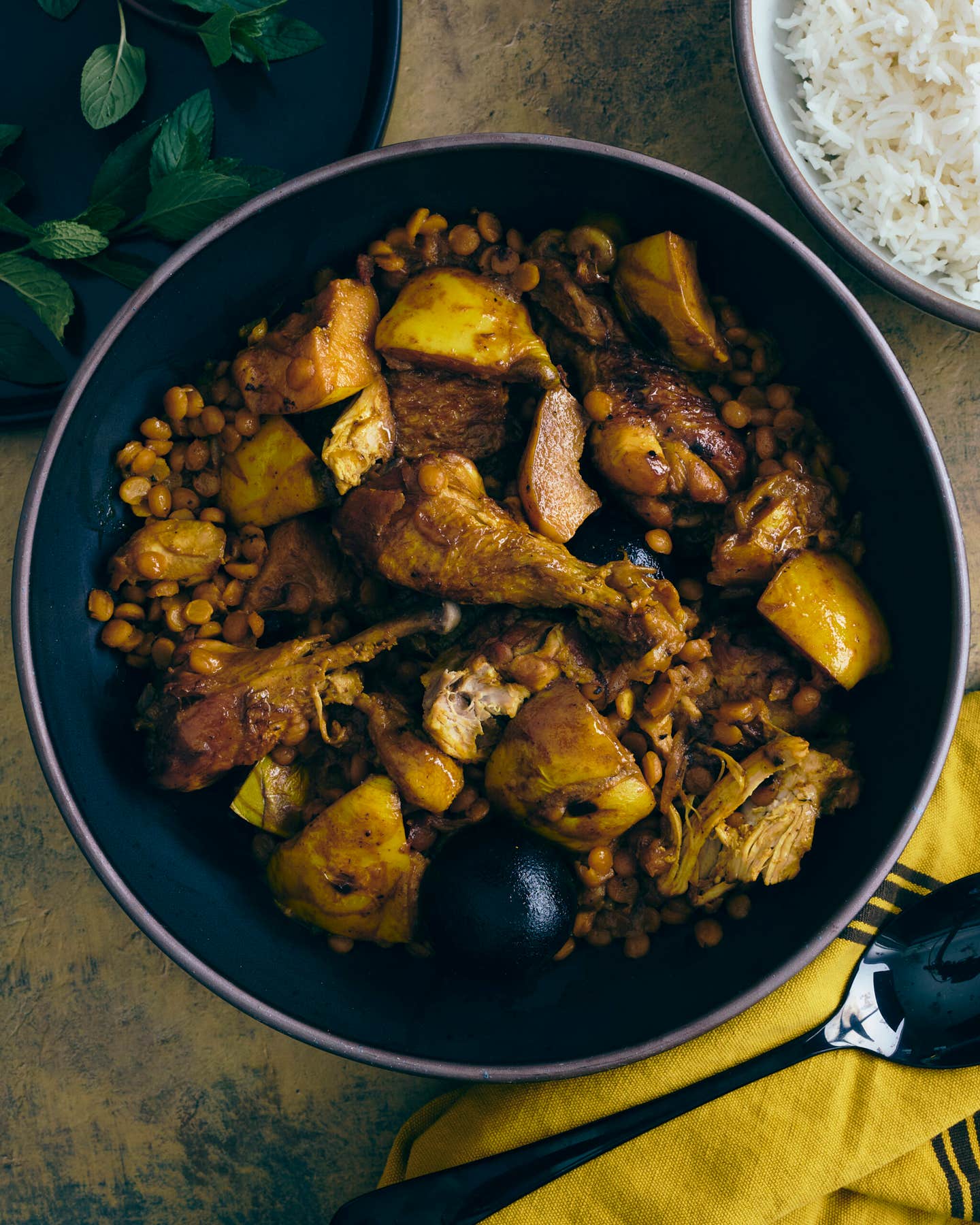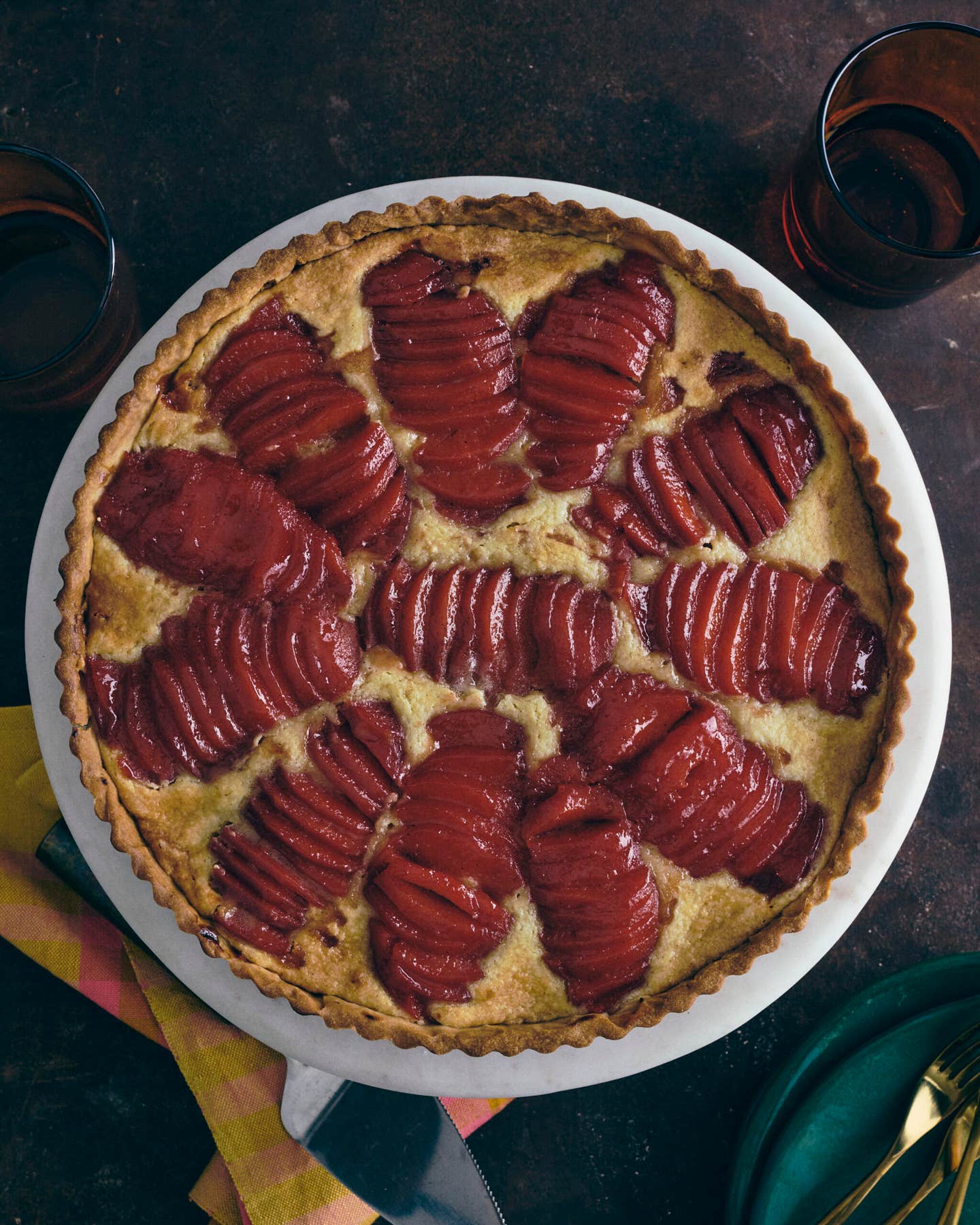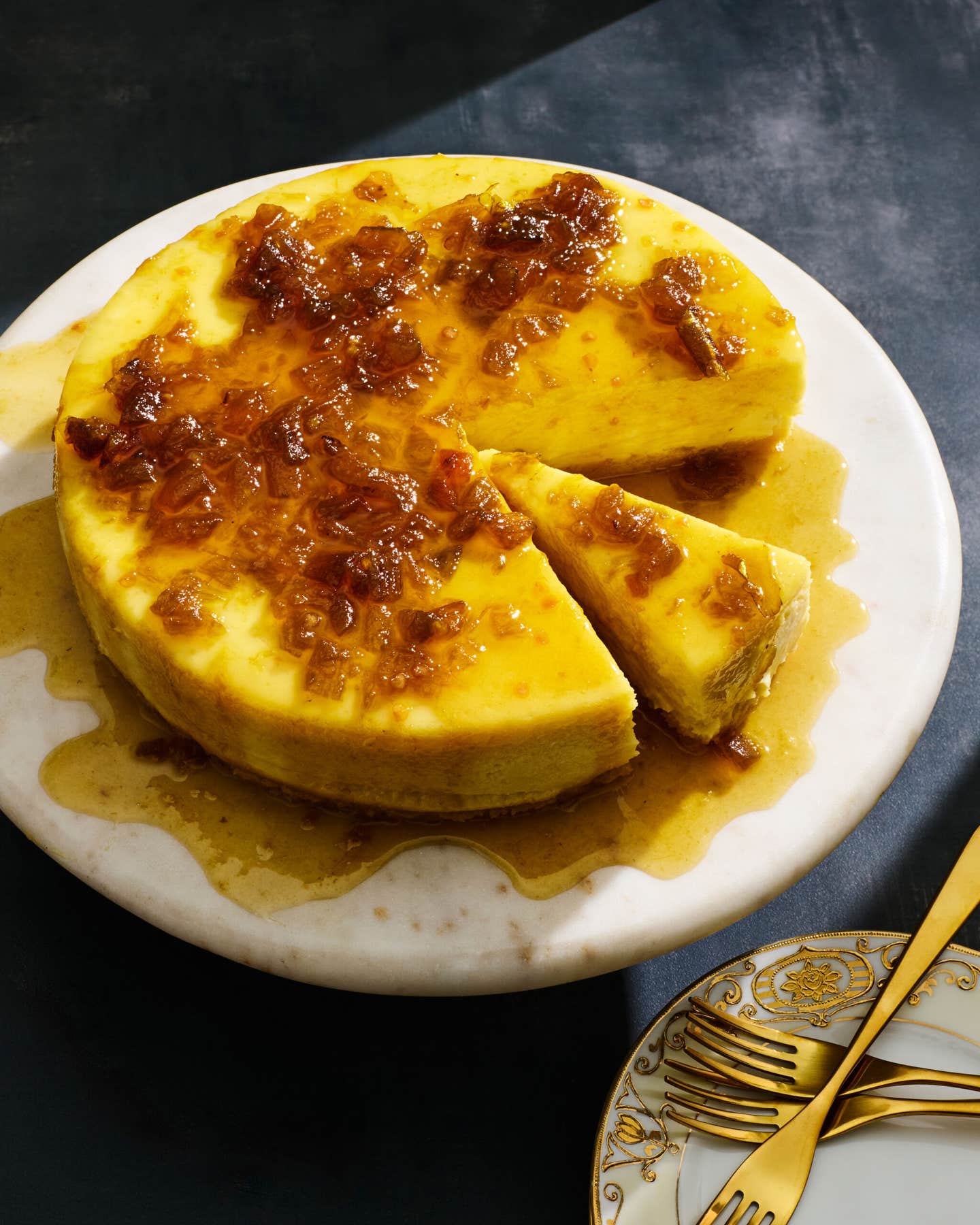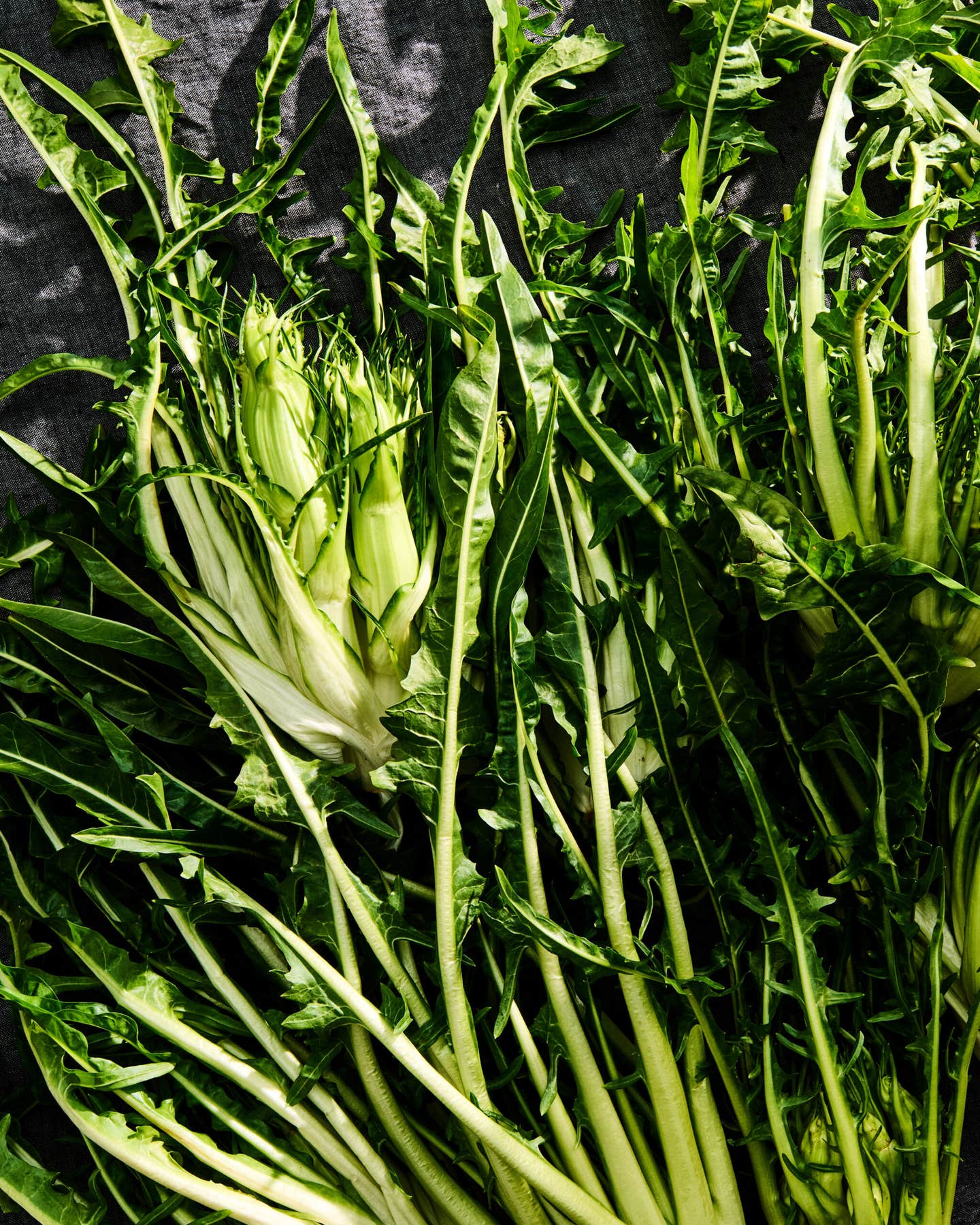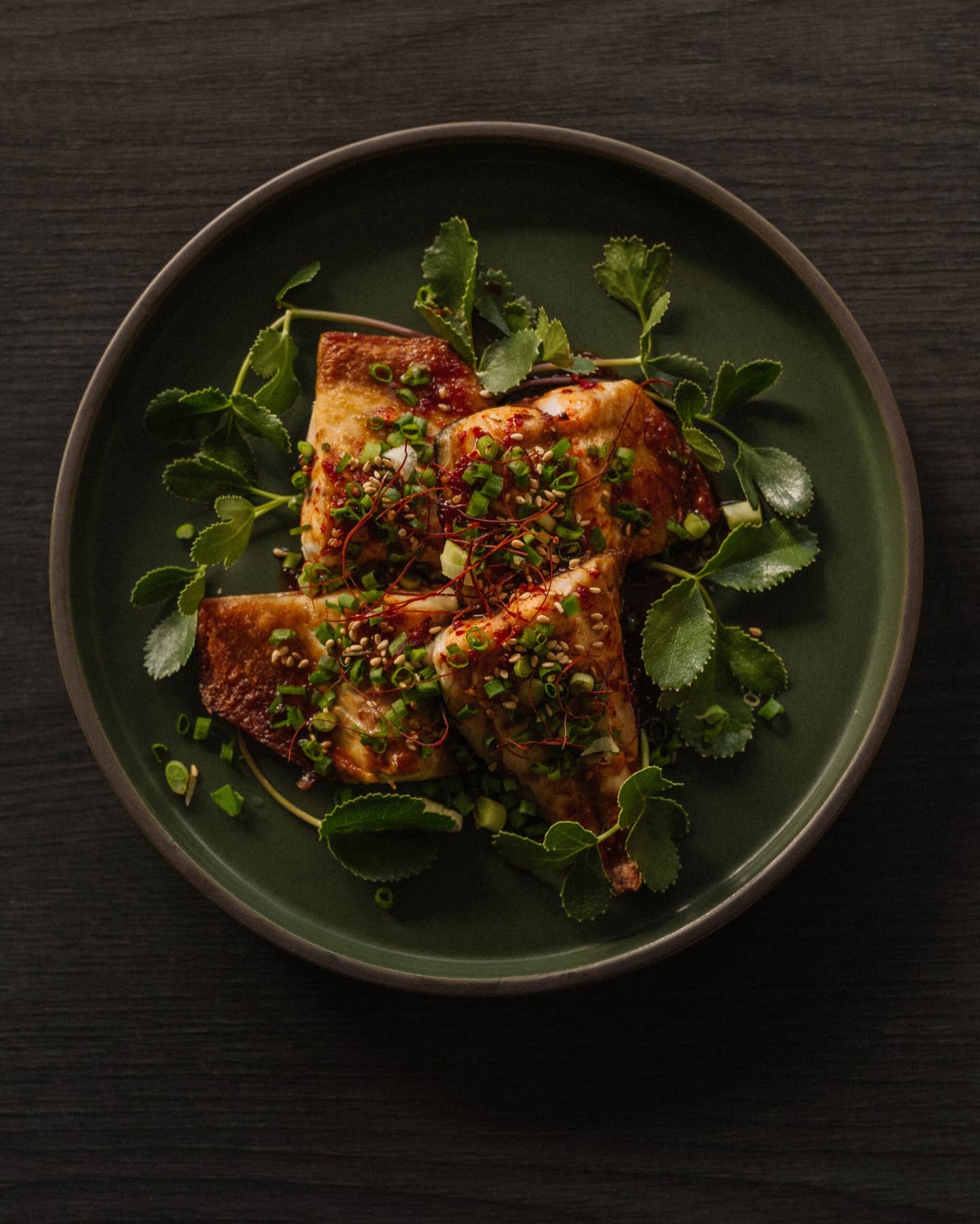
The first time my older brother Daniel ever cooked for us, he and I had been left mostly to fend for ourselves for three days, and we were both by this time shaking with hunger. We decided finally it had become necessary to light up the forbidden gas stove and scavenge a frozen set of chicken parts from the dingy freezer: We were that famished. He finds a cast-iron skillet from the collection Mom kept in the slide-out drawer and, imitating some cooking basics from memory, digs out two inches of that Crisco shortening vegetable thing and sets the flame to high.
He's ten years old, and I'm eight, and our family is a bit scattered that summer. Dad feels confident that, added together, we are both old enough to look after one another at home (do the math). We're living in the town of Brownsville, directly on the border of Texas and Mexico, and our mother has traveled to California with my three older sisters to help with the grape harvest because Dad's trucking company is in trouble. Dan and I are left with Dad and Gramma, but they spend most of their time struggling with the failing business, leaving Dan and me alone for hours at a time. By this time Dan and I have had all the cereal, eaten all the Doritos and tomato-based sardines, so we are desperate; we are forced to cook.
Dan breaks the chicken iceberg into smaller bits and sets to cooking them in the superheated oil, and it all seems to be going fine—it smells like chicken cooking, and it crackles like chicken cooking as it heats in the pan, which splatters him with burning hot oil—until he hands over the first ready pieces, and though it looks like it's chicken that's been cooking, I bite into what is basically a fried chicken ice cube of blood and start bawling at the kitchen table.
Dan's methods have developed significantly over the years, but we still, as brothers, laugh at that first bite of what was his first foray into the world of cooking. This was the summer that Daniel took on the role of parent in our relationship. My brother became protector and provider out of necessity, beginning that afternoon, when we were little and starving.
As a result, between the two of us, Dan has always fancied himself the better cook, an honorific I very easily allow him, especially after he stunted my own cooking ambitions upon visiting me once in Seattle, when I made fish tacos for lunch. I'd taken a culinary cue from one of the boutique chains native to the Pacific Northwest and had baked battered cod filets and served them on corn tortillas and added lime-soaked shredded cabbage with an avocado wedge, finished off with a sour cranberry relish from Harry & David. My friends and I thought they were quite good.
Dan was scandalized: As far as he could see, I had violated hundreds of tenets of taco dogma (using cabbage instead of lettuce, which is unheard of where we're from; offering sour cream while withholding salsa), and he wasn't shy about telling me. Summarily indicted, and guilty as charged, for exacting both venal and cardinal taco sins, I pretty much stuck to Trader Joe's prepackaged meals from then on.
Growing up in South Texas, there were some particular things we regarded as sacred, or as a type of regionalized inheritance. The Platonic idea of tacos, obviously, meant something to Dan, much more than to me. For him, straying off the Path of the Righteous Taco was incomprehensible, something nearing sacrilege, but I was far more progressive in my ideas, aspiring to adaptation and integration: I wanted the taco to reinvent itself, as I was reinventing myself. This is why I had moved away from South Texas to Seattle, as far north as possible, somewhere foreign and alien, almost Canadian.
But the ritual of grilling meant quite a bit to everyone in my family, even me. In fact, in one of his most inspired and industrious moments, our father took a long-retired gas tank from a 1950s GMC dump truck and, making sure it was dried out, arc-welded it to a comparably sized iron dolly, then used an acetylene torch to cut from it a lid, welded the lid back into place with hinges, and constructed a support system inside to hold up an iron grating, and—voila!--we had a new iron-cast family griller that lasted us the better part of 20 years, complete with a ventilation system.
This rusted monstrosity became a symbol of the day's end: When it was wheeled out, which was quite often, it was time to knock off, as the light had changed, the insects had started buzzing, and the work was over. I would be required to break apart the mesquite logs that always seemed omnipresent in South Texas and get a fire going, which I really enjoyed doing. My dad or his mother would run to either a supermarket, a Mexican butcher's shop, or a relative's house where, more often than not, they would be slaughtering some type of protein source—a cow, a pig, or a goat—and buy the meat for the grilling.
The smell of the fire and the low hum of crickets or cicadas drew in all Dad's workers and drivers, or my sisters from inside the house if they were around, and we'd grill enough for the eight, maybe 12 people on the veranda inside an hour, with Gramma quickly summoning sides and salsas and vats of guacamole as if by magic.
And it was a sort of witchcraft with Gramma. She had this molcajete, the three-legged granite mortar and pestle tool that is the center of any traditional Latin American kitchen, which can be traced to Mesoamerican times, several thousands of years back. Her own molcajete felt that ancient, and she had ground it until it was more of a slight impression into time and space rather than a finely cured indentation of volcanic rock from which sprang the most seasoned salsas you could imagine. That was where the magic came from.
(Side note: I tried keeping one, a molcajete. It's a living thing, the sigil of your kitchen, which is the soul of a house. I bought it during my last trip to Mexico, in the late '90s, and found that the piece itself costs about $5, but lugging the heavy thing to the post office to ship it back to the Northwest was exhausting. Needless to say, I wasn't as magical with mine as Gramma was with hers. It's now used as a "native" paperweight at my girlfriend's house; she looks at it in confusion, uncertain as to what it's meant to do except stifle bills.)
Gramma would also have frijoles a la charra, or cowboy-style Mexican pinto beans, always at the ready, and if you've ever made these, you know it's quite the undertaking. For a simple peasant dish, there's a tremendous harmony of ingredients and coordination required to get them exactly right, or exactly the way she made them. So for them to be readily available was something I never appreciated back then. And hers were fantastic, full of tomato and cilantro and bacon, not the flaccid, thin, soupy stuff you get at restaurants. It was a meal on its own.
At any rate, it was Dan who inherited Gramma's molcajete, and none of our siblings argued. It's been clear to everyone that it is Dan who inherited the passion for cooking, especially grilling, and keeping alive the family recipes.
His specializations progressed as we became older and separated and eventually more nostalgic, and by the time we were in our 30s, Dan had developed into quite the accomplished grill man. Since he was an unrelenting apartment dweller, he bought the fanciest compact gas grill he could hoist up an elevator and store on a balcony with the earnest approval of his wife, Orlene, who loved a good Latin cookout herself, as she grew up in Honduras.
Dan's introduction to Orlene's family would later imprint significantly on his preparation methods as their relationship evolved. He managed to develop a sort of signature Tex-Mex/Central American fusion that had both the smoky-sweet cilantro flavors of Tex-Mex grilling combined with the fruit-tangy spice of the Latin American jungles and coastlines.
He didn't leap to that flourish, though, not for some time and not without a few casualties. One painful Fourth of July when he and Orlene lived here in Seattle, that gas grill Dan was so proud of turned into more of an instrument of duress for a friend of mine. She was a foodie and had a condition, some kind of esophageal dysphagia, with a delicate and fine throat accustomed to, say, more "gentile" food, and Dan's grilled beef fajitas were so charred and spicy that they actually sent her to the emergency room. (Now that I think about it, it may have been some kind of Super Bowl party, and he'd been distracted. Dan loves his German beer, his Scotch bonnet peppers, and his Dallas Cowboys.)
This discourages him nothing, and Dan continues to grill, at maximum volume, especially after moving back to his Valhalla of grilling: San Antonio.
Now, the move to San Antonio was rather abrupt, and they live in a condominium village where it was not revealed to Dan until well past his move-in that the complex would not allow his beloved propane grill, which would have been a deal-breaker had they told him in advance. Instead, Dan must now adjust his grilling method to charcoal, and, further, grill only at designated stations scattered in intervals throughout their little hobbit village.
This is huge for Dan. Huge for any Texan, really: Guns and grills, goddammit; it's in the state constitution, ain't it?
But Dan relents, and adjusts. Grilling, for him, now means he must make all his preparations in advance, package them, and then transport them about 150 yards to his favorite grill station, in a small grassy archipelago surrounded by parking and native mesquite trees. Walking is a bit unnatural in San Antonio and can be dangerous since there are no sidewalks or crosswalks. As I helped him carry his supplies this last time I visited, I caught a look on his face as he stared longingly toward his car and did the calculation in his head: Would it be worth it to drive the 150 yards or should he just…sally forth? By the time he came to his conclusion, we were already there. (In his defense, Dan has had his knee rebuilt.)

This need to prepare his grilling in advance actually inspired a step in his marinade system. Since he has to make the marinade in his kitchen and then travel with the food, he needed better planning. Instead of throwing everything into a bowl, my brother began blending the juice from Texas Ruby Red grapefruits with papaya, Scotch bonnet pepper, and garlic cloves until it was liquefied, and pouring it into a one-gallon Ziploc bag with roughly three pounds of beef fajita. This he lets sit for 30 to 45 minutes but no longer: The papaya, he says, has some sort of enzyme that breaks down the beef, and I have no choice but to agree as a younger brother and excommunicated cook, though others might find his chemistry dubious. But let's just say he's right here, because it's fantastic.
This marinade also has a wonderful side effect, in that our father is terrified of papaya because a Filipino woman once told him it would render him impotent. So if Dan ever finds our dad annoying, he will make a big display of cutting the papaya, blending the papaya, smushing the papaya into the meat until Dad will quietly excuse himself and leave, which makes us giggle. Because Dad can be kind of a dick.
For the fire, because of the size and gas limitations, he now lays down a bed of charcoal and lights it, allows for the coals to grow red hot and ready, then he puts a single layer of small cut mesquite logs atop them, so they catch and add the smoky mesquite flavor for which South Texan barbecues are famous.
The frequency of his grilling and obvious care he puts into it has inadvertently made Dan quite a fixture in that condo/hobbit village, and, this being San Antonio, he now knows almost every one of his neighbors (for better or for worse). What's interesting is that this serves in exactly the same way in an urban environment (for Texas) as it did down the length of the dirt road in South Texas where we grew up: drawing people close, signaling the time to knock off work and have a cold beer and a taco, and excluding or ridiculing anyone with a dietary restriction. And it's also serving to tie Dan back to our roots and give me a little leftover glimpse of home when I visit, since our other home is so long gone, and all we have left, really, is what we continue to build around that molcajete: an appreciation that Gramma used the molcajete in the same way Dan uses his blender, and that every one of his newfangled recipes could be made in exactly the same way if he put his back into it like she did.
Keep Reading
Continue to Next Story
